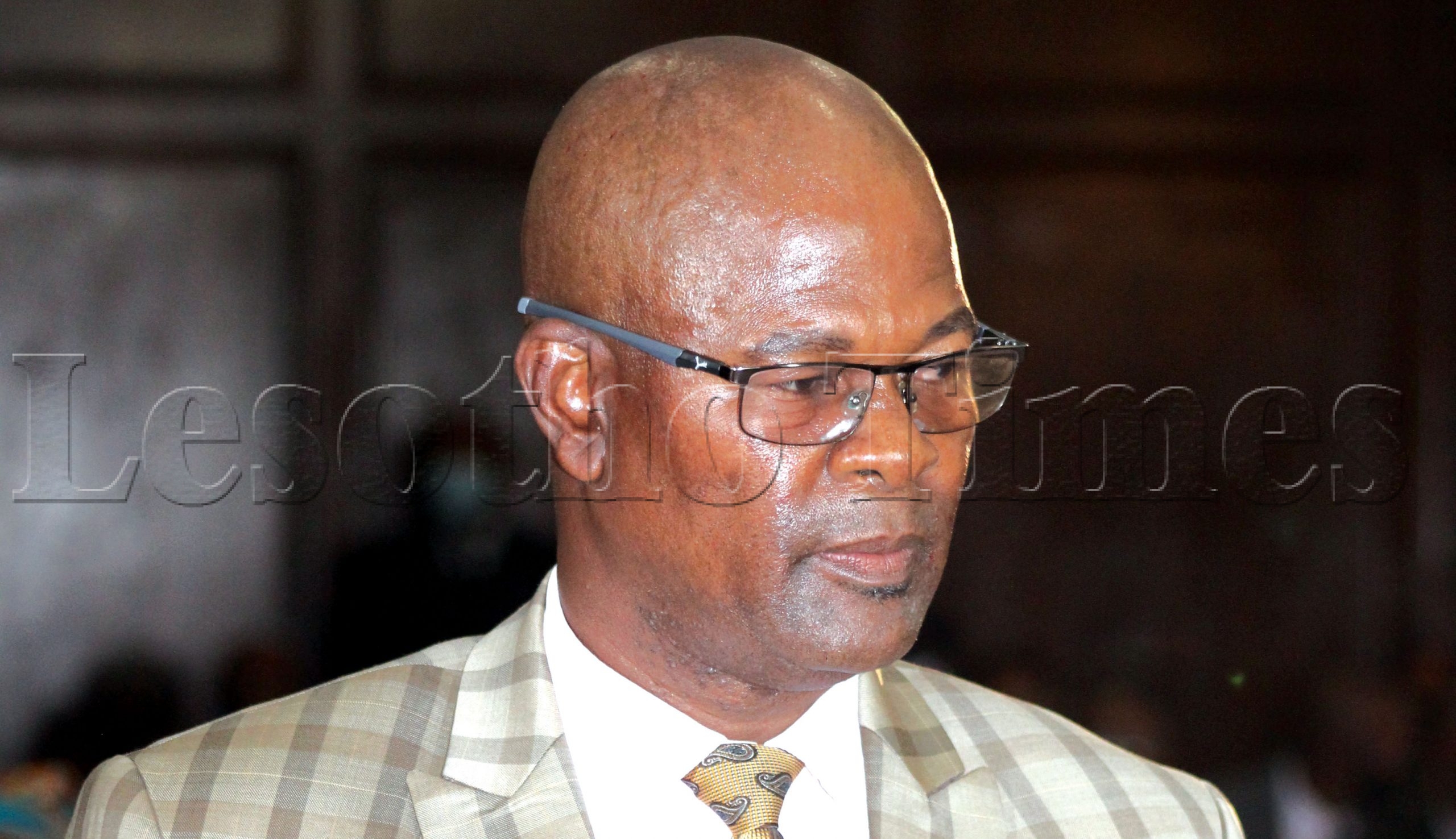
STAKEHOLDERS including government have hailed the just-ended Africa Code Week for facilitating digital skills development required to promote socio-economic development.
Founded in 2015 and spearheaded by SAP, a world leader in enterprise software, Africa Code Week is a continent-wide initiative to simplify the face of software coding for Africa’s youth.
The initiative’s objective is to spread digital literacy across the continent and start shaping tomorrow’s skilled workforce through hands-on and playful learning.
The initiative provides learners from the ages of 8 – 17 with coding basics and the opportunity to program their own animations, quizzes and games.
Older learners, aged 18-24, are introduced to web technologies such as HTML, CSS, JavaScript, PHP and SQL in order to provide them with a basic understanding of website architecture, teaching them how to develop a fully operational and mobile-friendly website.
Students from all the country’s districts attended in large numbers as Lesotho officially brushed-up on its coding skills during the Africa Code Week that was held from the 15th to 22nd of October.
The initiative also received support from UNESCO SMEF (Science and Mathematics Education Federation), Lesotho National Commission for UNESCO and the National Department of Science and Education in Lesotho.
Education Minister, Dr Mahali Phamotse said it was important to promote digital skills development in order to lay the basis for socio-economic development.
“In order to provide a new generation of Digital Economy workers for the competitive job market, we need to pull out all the stops by providing mentorship and skills transfer for all,” Dr Phamotse said.
“We were thrilled to see the high participation numbers at Africa Code Week this week, helping us to reach our goals of empowering +2,500 students from more than 18 surrounding schools.
“Everyone – from governments and educational institutions all the way to NGOs and corporations – has a role to play to spread digital literacy across Africa. Africa Code Week has been a great opportunity for us to showcase that we support growth through technology,” Dr Phamotse added.
She said last year’s Africa Code Week event had resulted in more than 89 000 young people in 17 African countries being introduced to software coding within 10 days – a figure that was four times the initial goal.
She said this year’s aim was to double that figure and reach a minimum of 150 000 youths in 30 African countries.
“Africa’s working-age population is growing rapidly, but it is estimated that less than one percent of African children leave school with basic coding skills.
“Africa Code Week therefore helps contribute towards shaping a relevant future workforce by sparking interest in software coding with participants receiving not only basic skills but also invaluable hands-on experience,” she said.
For her part, SAP Africa Code Week Global Project Leader Claire Gillissen-Duval said information technology skills “are the job currency of the future”.
“It is not just our responsibility but also to our benefit to invest in putting African youth on the path to successful careers.
“Africa Code Week is a large-scale literacy initiative that demonstrates public-private partnerships can be a strategic means to affect change. We are proud to see private-sector and local government be part of this programme and support our efforts,” she said.
She also said the Africa Code Week workshops would continue to provide a platform for the transfer of skills and knowledge to empower as many students as possible, with the long-term goal of impacting more than five million children over the next 10 years.
l For further information, visit the SAP News Center or watch ACW video footage http://africacodeweek.org/media/videos/ Follow SAP on Twitter @sapafrica







